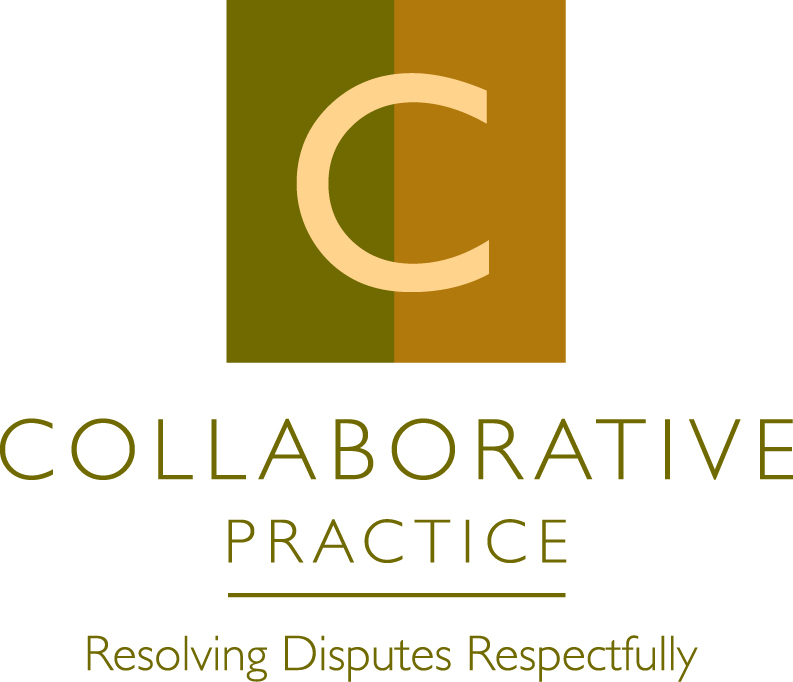Collaborative Practice
What is Collaborative Practice?
Collaborative Practice is a new model and set of rules about how to solve legal disputes. In 2013, Washington State joined a number of other states nationwide by passing the Uniform Collaborative Law Act, codified at RCW 7.77. As described by the International Association of Collaborative Professionals:
Collaborative Practice is a voluntary dispute resolution process in which parties settle without resort to litigation.
In Collaborative Practice:
1. The parties sign a collaborative participation agreement describing
the nature and scope of the matter;2. The parties voluntarily disclose all information which is relevant and
material to the matter that must be decided;3. The parties agree to use good faith efforts in their negotiations to reach
a mutually acceptable settlement;4. Each party must be represented by a lawyer whose representation
terminates upon the undertaking of any contested court proceeding;5. The parties may engage mental health and financial professionals
whose engagement terminates upon the undertaking of any contested
court proceeding; and6. The parties may jointly engage other experts as needed.
Collaborative Practice provides you and your spouse or partner with the support and guidance of your own lawyers without going to court. Additionally, Collaborative Practice allows you the benefit of coaches, child and financial specialists all working together with you on your team.
In Collaborative Practice, core elements form your commitments to this process, which are to:
Negotiate a mutually acceptable resolution without having courts decide issues.
Maintain open communication and information sharing.
Create shared solutions acknowledging the highest priorities of all.
Instead of racing to court, participants agree not to go to court. Instead of spending thousands of dollars answering many irrelevant questions, participants agree to provide each other with all relevant information. Instead of focusing on what is wrong with the other person, attorneys and participants work together as a team to resolve their differences.
In traditional litigation, each side often hires expensive experts who come up with opposite opinions. In the Collaborative approach, all experts work for both participants. Traditionally, the court and attorneys determine when progress occurs. In Collaborative Practice, you control the pace. Instead of having your court file open to anyone with access to the internet, most if not all of your personal information is kept private.
Comparing Collaborative Practice with Litigation
To provide you with some idea of how to compare the benefits, costs and risks of using the collaborative law model versus traditional litigation, I refer you to an article I wrote: Comparing Collaborative and Litigation: The Client’s Perspective. When presented with options to traditional litigation, most people want to know: 1) how long will it take; 2) how much will it cost; and 3) what outcome is predicted. The article addresses these key concerns with the best empirical data that is available.
If you are at all interested in learning more, I encourage you to contact us or refer to the following websites for more information:
Collaborative Professionals of Washington



